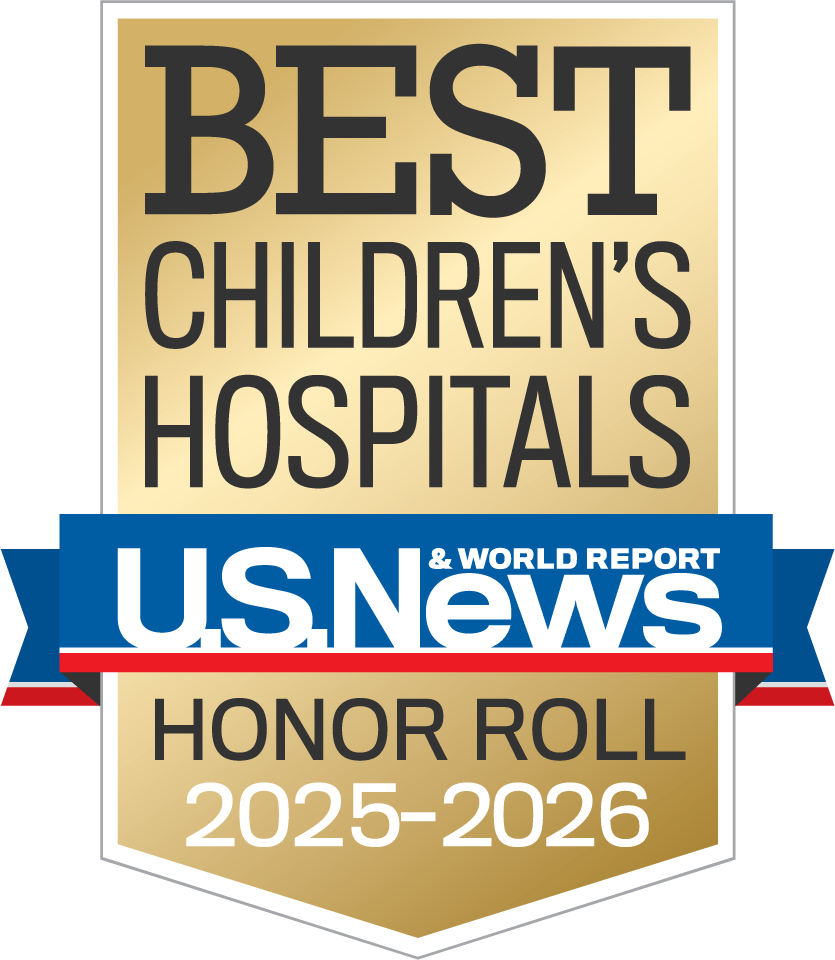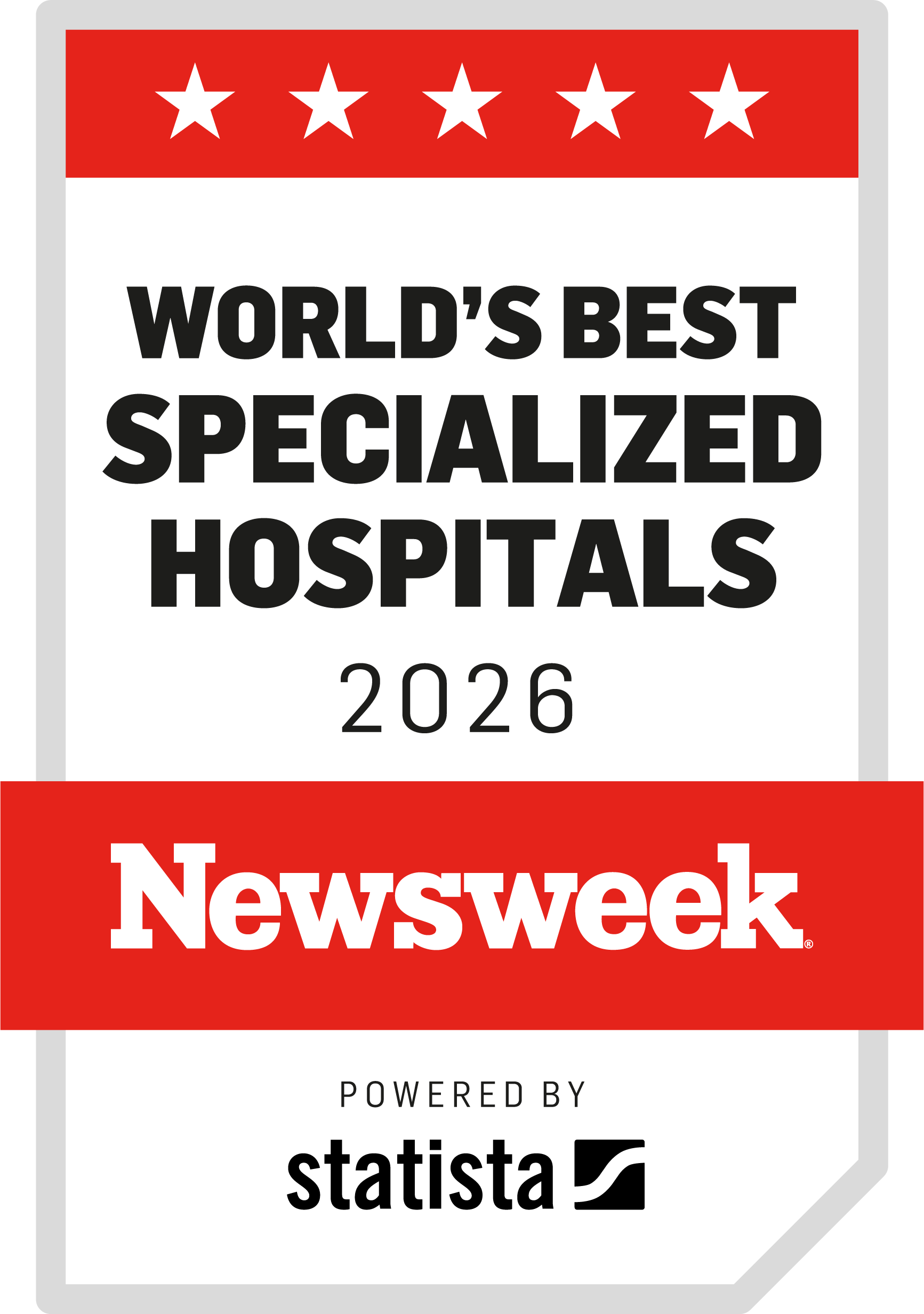The Thrombosis, Anticoagulation, and Vascular Patency Program at Dana-Farber/Boston Children's Cancer and Blood Disorders Center provides comprehensive care and treatment for children with all forms of blood clots and clotting disorders, most notably thrombosis. With an emphasis on prevention, we treat children with deep vein thrombosis (DVT, blood clots in the limbs), pulmonary embolism (blood clot in the lung), sinus venous thrombosis (blood clot in the brain), and arterial thrombosis.
Our program, run by experts in the field of platelets and platelet disorders, has established monitoring and risk identification guidelines that are used throughout the hospital for patients who require anticoagulation (blood-thinning) medications.
How we diagnose and treat thrombosis
Thrombosis is sometimes found accidentally but mostly because patients develop signs and symptoms of a blood clot. Our doctors perform a physical exam to evaluate symptoms such as swelling, pain at the location of the suspected clot, and redness and warmth. The diagnosis is confirmed through diagnostic imaging studies, including ultrasound, MRI, and CT scans. Thrombophilia, a group of disorders that increase a child’s tendency to develop excessive and dangerous blood clots, is diagnosed through a blood sample. A blood test will evaluate if a child is clotting normally and will identify abnormalities in the levels of certain proteins in the blood. Genetic tests are used to check for hereditary disorders.
Treatment is based on several factors, but most children with thrombosis are treated with anticoagulation therapy (blood thinners). Our anticoagulation service provides ongoing monitoring and medical management of children on anticoagulation medications. These medications include oral agents such as Coumadin (warfarin), intravenous heparin, subcutaneous injections of a low molecular weight heparin such as enoxaparin (Lovenox) or dalteparin (Fragmin), or antiplatelet agents such as aspirin, clopidogrel (Plavix), or prasugrel (Effient).
Thrombosis research and clinical trials
Physicians and scientists in our program participate in active clinical trials and laboratory research on thrombosis and anticoagulation. We are home to the Center for Platelet Research Studies, an internationally recognized research group focused on the study of platelet function. This integrated research group performs basic bench, translational, and clinical research on platelets and related aspects of thrombosis.
A particular focus of research is antiplatelet therapy, including novel molecules and mechanisms of therapeutic platelet inhibition, the effects of antiplatelet agents on coagulation and inflammation, the relationship between the degree of inhibition of platelet function and clinical outcomes, and the use of platelet function tests to guide antiplatelet therapy in order to obtain better clinical outcomes. Through this research, our physicians work to improve therapeutic approaches and outcomes for all forms of clotting disorders.

Brody perseveres with Paget-Schroetter syndrome
A rare blood clot nearly ended Brody Walsh’s pitching dreams. Our experts helped him return to the mound stronger than ever.


